How to Love Your Kids When They Need Correction

Children need firmness, direction, limit-setting, instruction, and correction. But don’t forget, they also need a lot of love. Of course, you know that, but it’s good to be reminded every once in a while, especially when the business of family life gets intense.
Love can come in the form of affirmation, encouragement, support, or just spending relational time together. Empathy is also a great way to connect with children on an emotional level.
One way to communicate empathy is to validate the pain or disappointment your child experiences. Then, you can gently move into a suggestion mode if needed. For example, when the cat scratches your three-year-old son who is playing rough, don’t just launch into a lecture. Instead say something like, “Ouch, I’ll bet that hurt. It looks like he doesn’t like rough play, does he?”
Or when your eight-year-old daughter is hungry before dinner because she refused to eat lunch, you might say, “I’ll bet you’re hungry. That’s a long time to go without food.”
If you leave out the empathy and just move into a lecture mode, children may react poorly. They may view your approach as condescending or cold and respond with anger or hostility. Empathy communicates love, while at the same time it allows the child to accept responsibility for the problem.
Empathy Opens Windows to the Heart
Empathy reveals understanding and care and validates the emotions a child is experiencing even though the actions that come out of those emotions may need correction. Demonstrating concern while your child learns from experience can be one of the best ways to develop closeness. It puts you on your child’s team, facing together the challenges life presents.
One dad said it this way, “I’m a problem solver. In fact, I show love to my kids by helping them solve their problems. Unfortunately, my teenage daughter doesn’t want solutions from me. She’s very capable of solving problems herself. When she shares a problem with me and I go into my solutions mode, she feels uncared for, just the opposite of what I want. I’ve learned that sometimes the best approach is for me to first empathize with her and imagine what she must be feeling. It’s interesting that once I do that, she sometimes asks me for advice and I can then help her solve her problem. The key for our relationship though has been my willingness to connect with her on an emotional level first.”
If you launch into solutions before a child is ready, you may find yourself getting frustrated at your child’s lack of responsiveness to your advice. If you’re wondering whether your child wants help or empathy you might simply ask, but going the empathy route is usually the safest. Then you can try to offer suggestions. You might ask, “Would you like an idea?” “Would you like to hear how other people might solve that problem?”
A listening ear, communicates emotional connectedness. It says, “I’m interested in your world and how you think and feel about things.” Do you know your child’s favorite things? That’s often a great way to start a conversation because you’re focusing on your child’s likes and dislikes.
Relational connectedness is experienced in the heart. Acts 4:32 says that the early disciples were “one in heart and mind.” Jonathan’s armor-bearer expressed unity with his boss by saying, “Do all that you have in mind…I am with you heart and soul” (1 Samuel 14:7). Your enjoyment of your kids creates a connectedness that runs deep. With all of the challenges of family life, close relationships help ease the tension. That’s why 1 Peter 4:8 says, “Love covers over a multitude of sins.”
When you come to the conclusion that changes need to take place in your child and that it’s time to put your foot down because you just can’t live this way anymore, think relationship first. Usually parents start imagining the consequences and how they’re going to be more firm. Those are important components of your plan but don’t forget to balance firmness with relationship. Children can only take as much pressure as the relationship allows.
Enjoying Children Their Way
Many times parents enjoy their children in ways that the parents prefer. You might consider giving your child a gift of a half hour doing something that the child would like to do. I (Scott) remember one time I did this with my children. Melissa chose to spend our time playing with dolls. I remember that being one of the longest half hours of my life as we dressed dolls and pretended all kinds of things together. I enjoyed being with my daughter but playing with dolls certainly wasn’t high on my list of enjoyable experiences.
In that activity, however, I realized that I often enjoy my kids my way. It just reminds me that I need to continually get to know my kids’ unique qualities and try to understand their special likes and dislikes.
God does a lot of giving instructions, correction, and limit setting for us as his kids but his primary desire is to have a personal relationship with us. All of the other things flow from that. In Revelation 3:20, Jesus expresses his desire for relationship by saying, “I stand at the door and knock. If anyone hears my voice and opens the door, I will come in and eat with him, and he with me.” Remember that relationship is foundational to all the other things that need to get done in family life.
The Seven Parenting Tools
There are seven tools used in the Biblical Parenting Coaching Program to bring about major changes in children. Each parent needs to tweak the recipe and use the seven tools in order to reach a child’s heart. The first tool is relationship. The others are FIRMNESS, VISIONING, PRAYER, COACHING, TEACHING, and TRANSFERRING RESPONSIBILITY.
Dr. Scott Turansky and Joanne Miller, RN, BSN teach live parenting seminars around the country. They have written 15 books on parenting and have created five video training programs for parents. You may learn more at https://www.biblicalparenting.org. or www.thrivingkidsconnection.com
See Dr.Scott’s facebook live video here:

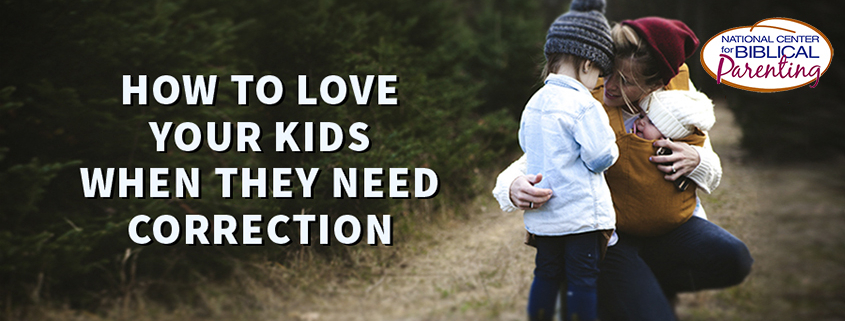
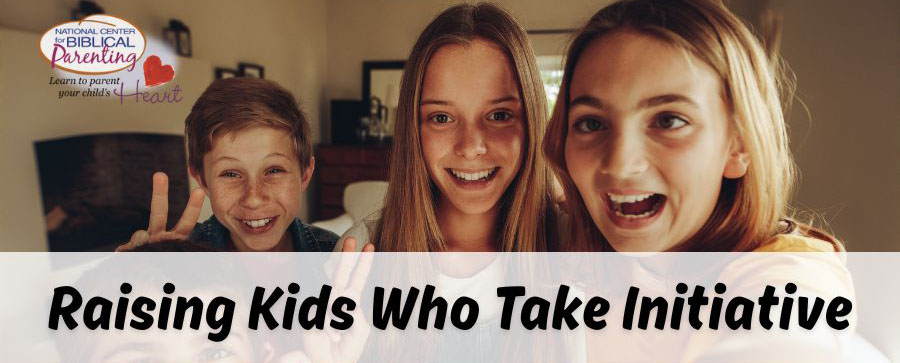
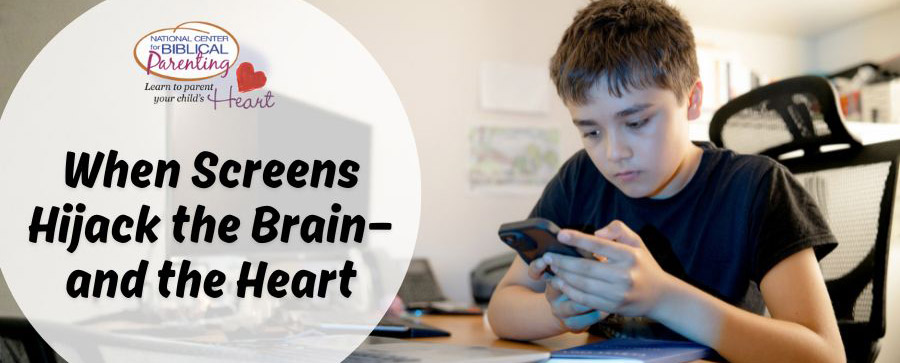
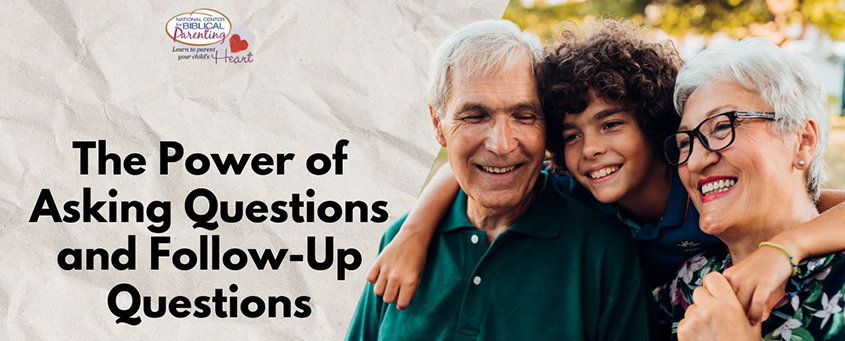
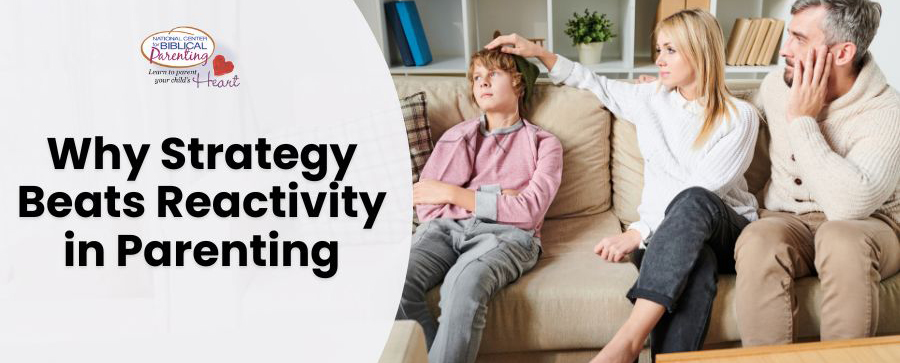
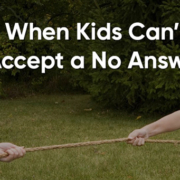

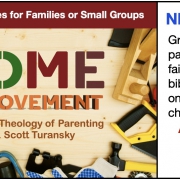



Leave a Reply
Want to join the discussion?Feel free to contribute!